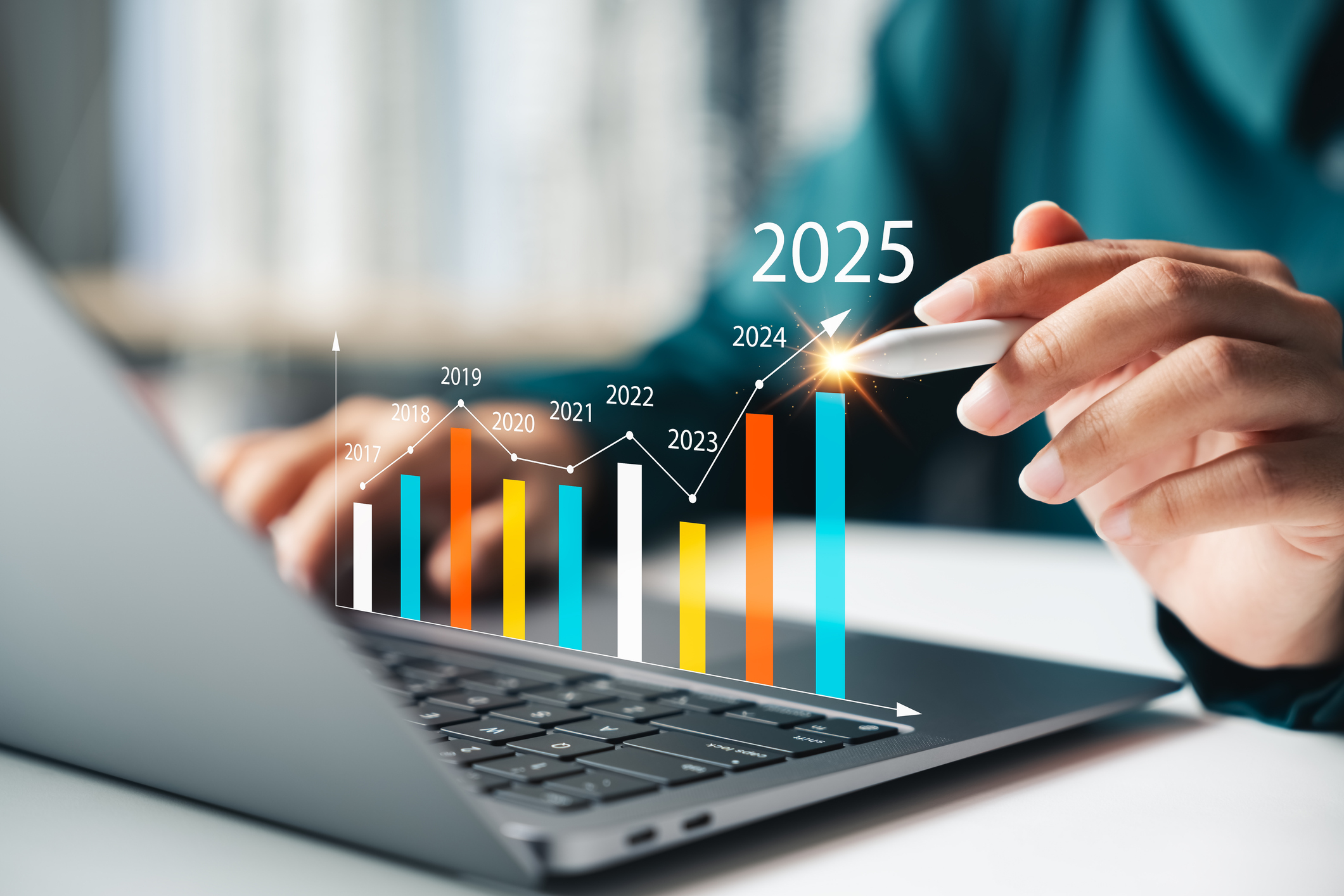Leadership and Organizational Development
How Human and Social Service Organizations Are Leveraging Technology in 2025
As the social sector enters 2025, it faces an evolving landscape of both tremendous opportunities and significant challenges. Emerging technologies, particularly artificial intelligence (AI), offer the potential to transform organizations by driving productivity and efficiency. However, these advancements also bring important considerations around responsible deployment and risk management.
To help leaders navigate this shift, Social Current’s Knowledge and Insights Center has curated a report on key trends shaping the sector in 2025, offering actionable strategies to stay ahead. From leveraging AI to managing its ethical implications, this article explores how the social sector can harness technology while staying grounded in its human-centered mission.
Social Current is committed to fostering collaboration among sector leaders to address systemic challenges and seize new opportunities. At our Convening for Chief Executives in North Carolina, March 19-21, we’ll discuss strategies for integrating emerging technologies into the sector.
Lauri Goldkind, professor at Fordham University, will lead an interactive session to co-create an AI readiness assessment rubric, a practical tool to help organizations prepare for AI implementation. Goldkind’s research focuses on data justice, AI in nonprofit management, and telemental health. The session will provide leaders with actionable insights on integrating AI responsibly into human services, ensuring its positive impact while minimizing risks.
Leveraging AI
Social sector organizations are using AI to automate routine functions, gain organizational insights, and increase productivity.
Adoption of AI is surging. A recent McKinsey & Company study reveals that 72% of surveyed organizations are using AI to support at least one business function. In the social sector, organizations report using AI to assist with tasks such as writing personalized donor thank you notes, crafting newsletters, drafting grant proposals, and developing press releases. Across all sectors, AI is commonly used to support IT, HR, marketing, sales, and product/service development functions. Considering staffing shortages, nonprofit organizations can use AI to automate manual tasks in order to free up space for staff to focus on more complex tasks such as problem solving and relationship-building.
Risk Management
While capitalizing on innovative technologies, nonprofits must remain human-centered and mitigate risks such as algorithmic bias, cybersecurity risks, and privacy risks.
Even with its many benefits, AI adoption should be approached strategically and with a healthy dose of risk modeling and mitigation. Take the time to teach your teams how AI works and to understand the body of data that your AI tools train on. Generative AI programs are generally trained on open-source information like Wikipedia, Twitter, and Reddit that can contain heavily biased views and can exacerbate algorithmic bias and disparate outcomes. Some conversational AI tools, such as the free versions of ChatGPT, have time delays and train on data with a currency lag of up to two years, which can cause issues for fields that need highly current information. Additionally, data privacy and cybersecurity concerns should be top of mind for nonprofit professionals using AI.
If you haven’t already, begin drafting AI use-case policies for your workplace that protect user data. 2025 is a great time to identify how to ethically and effectively optimize AI at your organization.
Social Current is Here to Help Navigate Changes
As the social sector continues to adapt to the evolving landscape, the responsible integration of AI offers both significant opportunities and challenges. By adopting a strategic, human-centered approach to AI, organizations can unlock productivity gains while safeguarding against risks such as bias, privacy concerns, and cybersecurity threats. At Social Current, we are committed to supporting leaders in navigating this complex terrain.
In addition to our Convening for Chief Executives, we invite leaders to join us at the 2025 Executive Leadership Institute (ELI). Held in partnership with Loyola University Chicago Quinlan School of Business, ELI helps participants enhance their leadership skills and gain valuable insights into emerging trends in technology and organizational development. These programs are opportunities for learning, collaboration, and strategic planning to help ensure AI and other innovations are used ethically and effectively in the social sector.


